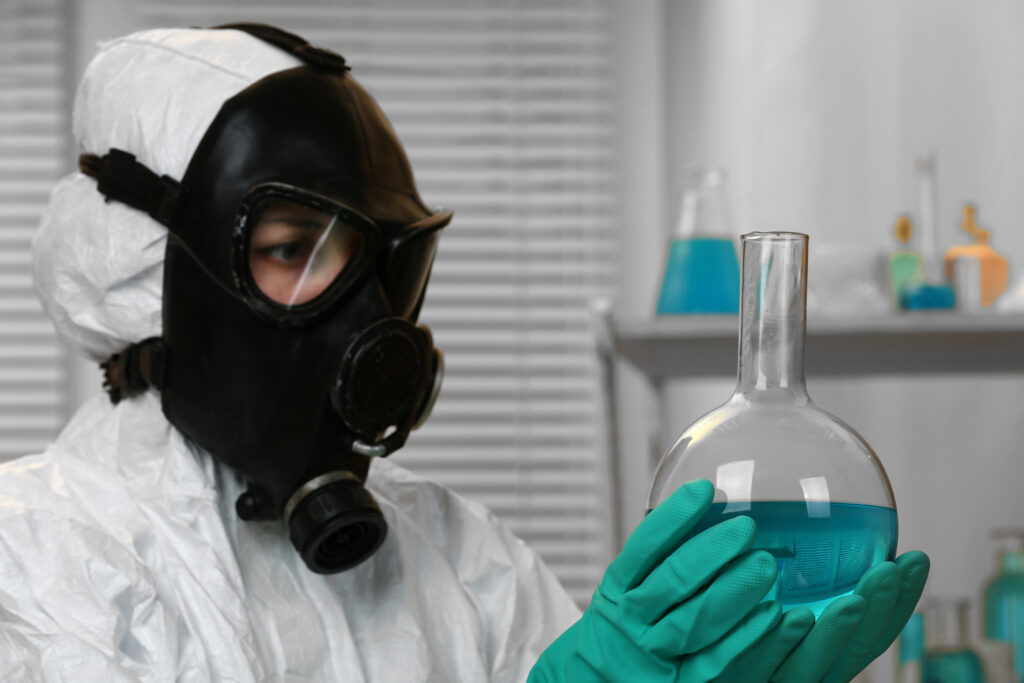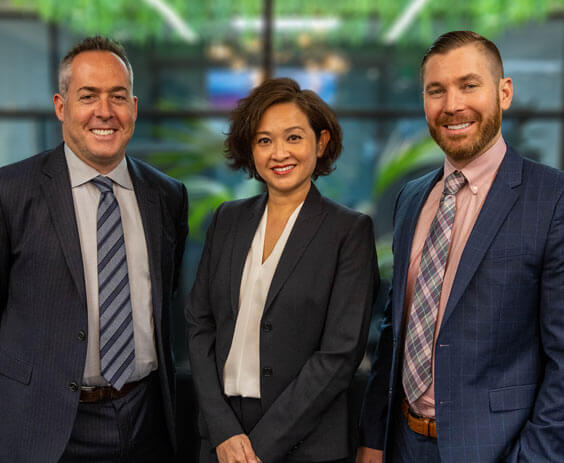Exposure to toxic substances can lead to severe health consequences, financial hardship, and long-term environmental damage. In Newport Beach, toxic tort lawsuits are a crucial avenue for victims to seek justice and compensation for harm caused by dangerous chemicals, hazardous substances, or environmental contamination. Whether you’ve been exposed to toxic materials in the workplace, through consumer products, or from environmental contamination, understanding the legal landscape is essential.
This article explores the key aspects of toxic exposure cases, common examples, and the role of an attorney in pursuing justice for affected individuals.

What Is a Toxic Tort?
A toxic tort is a legal claim brought by individuals who have suffered harm due to exposure to toxic substances. These lawsuits typically involve injuries or illnesses caused by toxic chemicals, materials, or substances in various environments, including homes, workplaces, or public areas.
Common Examples of Toxic Tort Cases
Toxic tort cases often arise from exposure to:
- Asbestos: Linked to mesothelioma, asbestosis, and lung cancer.
- Toxic chemicals: Found in pesticides, solvents, and industrial waste.
- Drinking water contamination: Harmful substances like benzene or lead entering the water supply.
- Consumer products: Items that release dangerous chemicals, such as cleaning agents or defective materials.
These cases involve proving that the toxic substance caused the plaintiff’s injuries or illness.
How Toxic Exposure Occurs
Exposure to dangerous substances can happen through various means, including:
- Direct contact: Skin exposure to harmful chemicals leading to chemical burns or irritation.
- Inhalation: Breathing in toxic fumes, asbestos fibers, or airborne chemicals, resulting in respiratory problems.
- Ingestion: Consuming contaminated water or food that contains toxic materials.
Toxic exposure lawsuits often center around negligence by companies or individuals who failed to mitigate risks or warn about potential dangers.
The Legal Framework for Toxic Tort Claims
Toxic tort claims are governed by state and federal laws designed to protect public health and the environment. Key legal frameworks include:
- Comprehensive Environmental Response, Compensation, and Liability Act (CERCLA): Also known as the Superfund law, it addresses environmental contamination and holds parties responsible for cleanup costs.
- Consumer protection laws: Designed to ensure that consumer products are safe and free from toxic substances.
To prevail in a toxic tort lawsuit, plaintiffs must prove:
- Exposure to the toxic substance.
- That the exposure caused the injury or illness.
- The defendant’s negligence or failure to act responsibly.
An experienced attorney can navigate these legal complexities and build a strong case to recover damages.
Health Impacts of Toxic Exposure
Toxic exposure can lead to a range of health issues, from mild irritation to life-threatening diseases. Common conditions linked to toxic substances include:
- Lung cancer: Often associated with asbestos exposure or inhalation of harmful chemicals.
- Asbestosis: A chronic lung disease caused by prolonged exposure to asbestos fibers.
- Respiratory problems: From exposure to airborne toxins like pesticides or industrial pollutants.
- Serious illnesses: Such as leukemia, linked to benzene exposure, or other diseases caused by dangerous chemicals.
In many cases, the effects of exposure may not become apparent for years, complicating the process of connecting the disease to the toxic material.
Proving Negligence in Toxic Tort Cases
Proving liability in toxic torts requires thorough evidence and expertise. Plaintiffs must show:
- The presence of harmful substances.
- That the defendant was responsible for the exposure.
- The substance’s direct link to the plaintiff’s illness or injuries.
For example, in asbestos-related lawsuits, the plaintiff must demonstrate a history of exposure to asbestos and that the disease was caused by that exposure. Companies that manufactured or used the asbestos may be held liable.
Compensation in Toxic Exposure Lawsuits
Victims of toxic exposure can seek compensation for various damages, including:
- Medical expenses: For treatments, medications, and long-term care.
- Lost wages: Due to an inability to work.
- Pain and suffering: For the physical and emotional toll of the illness.
- Economic losses: Related to the exposure, including diminished earning capacity.
In cases of wrongful death, surviving family members may pursue compensation for funeral expenses and loss of companionship.
The Role of an Attorney in Toxic Tort Litigation
Navigating toxic tort claims requires the expertise of an experienced attorney. They will:
- Investigate the source of the exposure and gather evidence.
- Build a case to prove negligence and establish a causal link between the exposure and the injury.
- Negotiate with responsible parties or their insurance companies for fair compensation.
Working with a law firm that specializes in toxic torts ensures you have legal representation capable of addressing the complexities of these cases.
Preventing Toxic Exposure
While litigation can provide relief for victims, prevention is always preferable. Steps to reduce the risk of exposure include:
- Avoiding direct contact with industrial chemicals or hazardous substances.
- Ensuring proper ventilation in workplaces or areas where toxic materials are used.
- Staying informed about environmental risks in your community.
Consumer advocacy groups often provide valuable resources for identifying dangerous substances in products or the environment.
Conclusion: Seeking Justice for Toxic Exposure
Toxic exposure can have devastating effects on individuals and communities. Whether it involves asbestos exposure, drinking water contamination, or other harmful substances, victims deserve justice and accountability. If you or a loved one has been exposed to toxic materials, understanding your rights and pursuing a toxic tort claim can provide the compensation needed for recovery.
Learn more about what you need to know about toxic exposure lawsuits in Newport Beach. Call Kohan & Bablove, Injury Attorneys, at (949) 535-1341 (tel:+19495351341) to schedule your free consultation. You can also reach us anytime through our contact page (https://www.dkblawyers.com/contact/). Let us help you take the first step toward justice and recovery.


